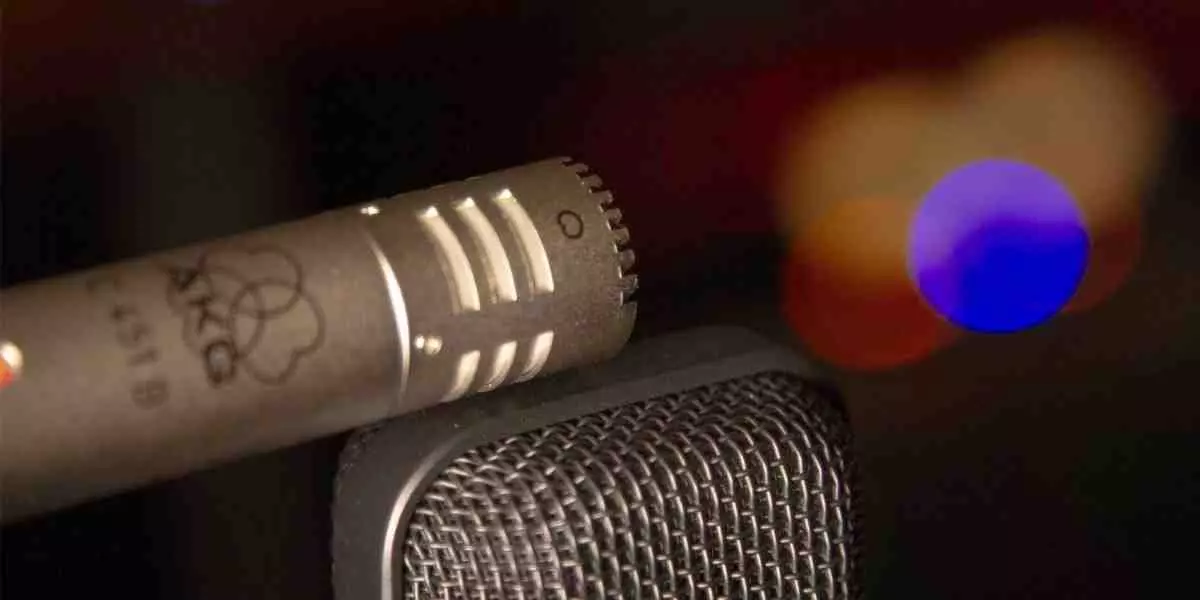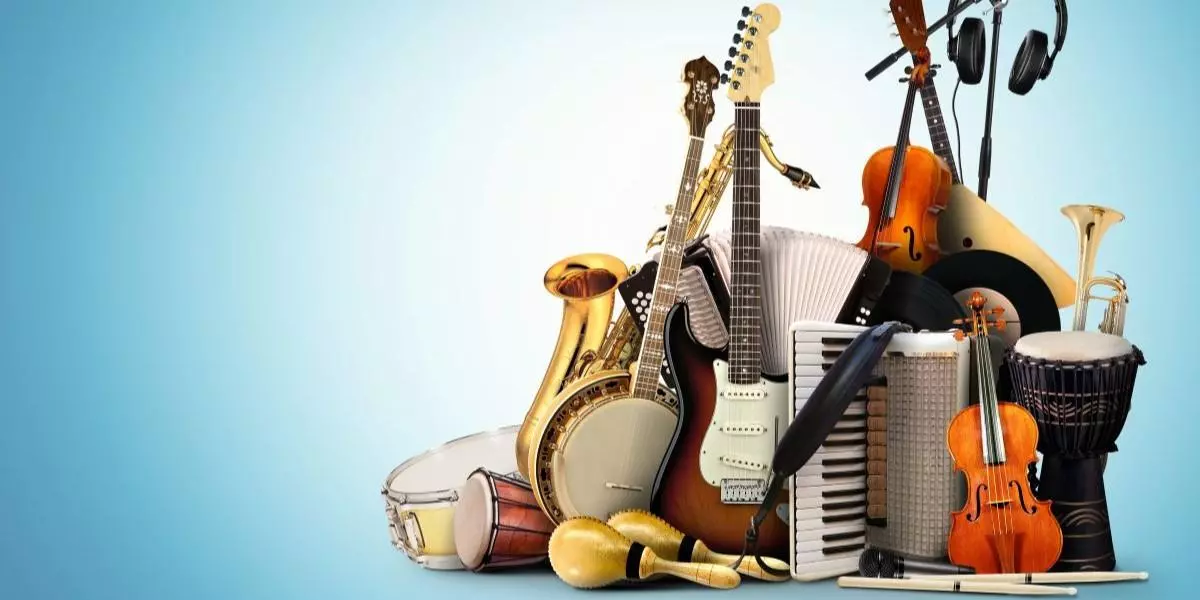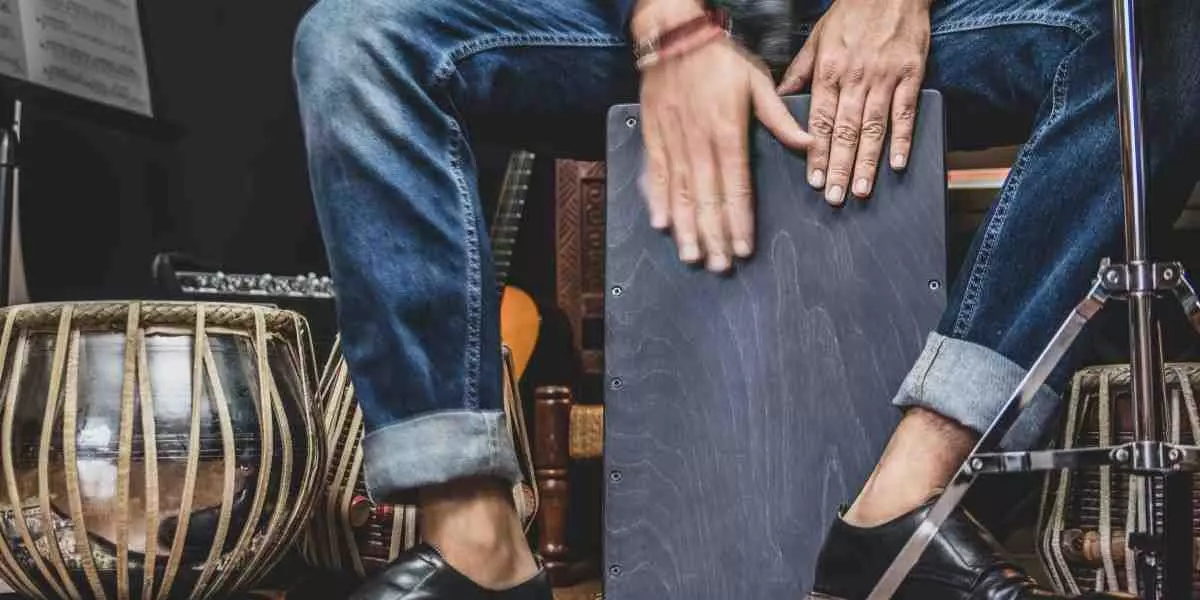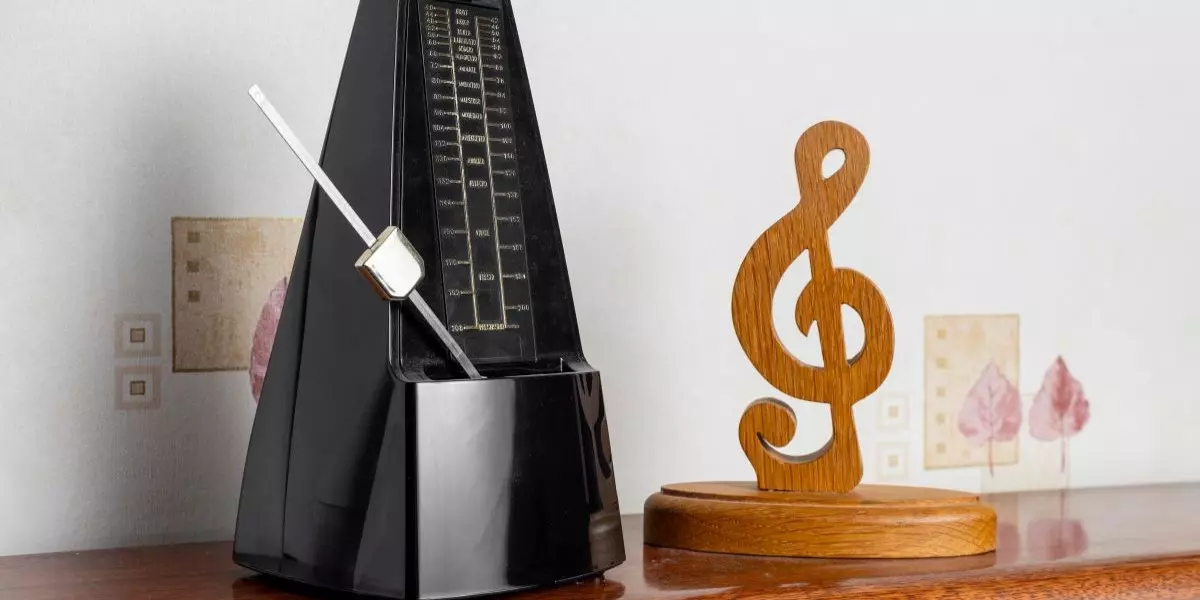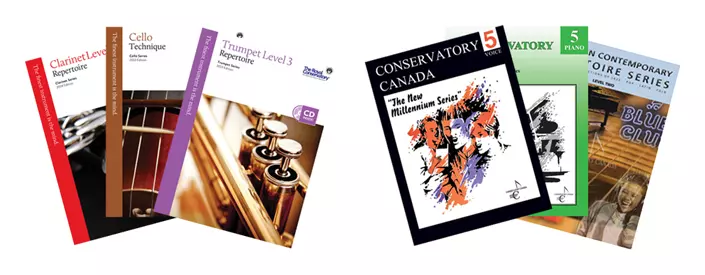Are Exams Right for My Child?
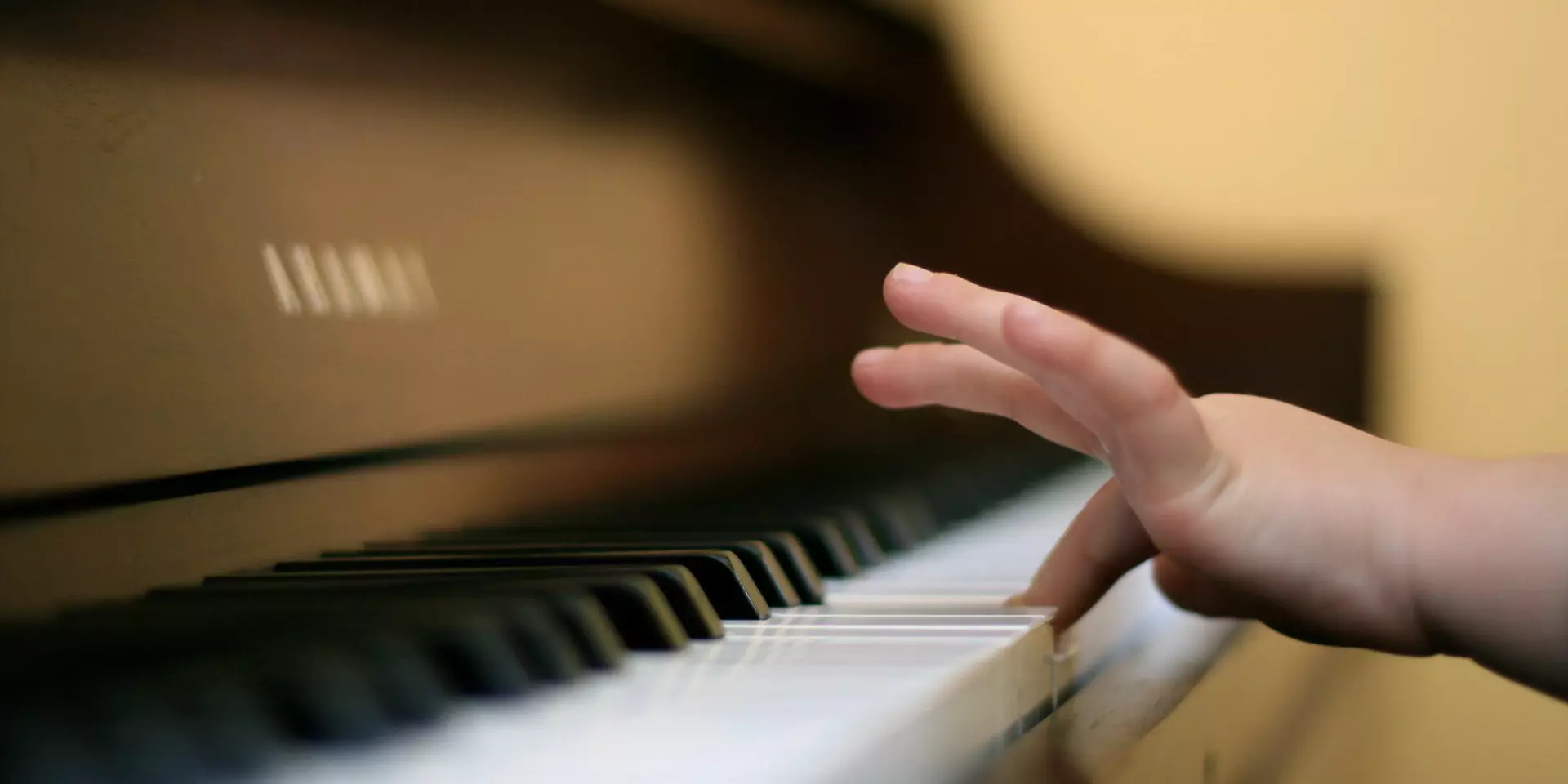
You’ve had your child in music lessons for a little while now and everything seems to be going well. They seem to be more confident while perched on the piano bench, they know that Every Good Boy Deserves Fudge and they practice every day (well, most days). Even their teacher agrees that things are progressing positively and they make a suggestion to you one day:
“Have you considered having your child complete their RCM or Conservatory Canada exams?”
The Royal Conservatory of Music was founded in Canada in 1886. Students start at an introductory level and have the option to eventually complete their ARCT (Associate Diploma of The Royal Conservatory of Music) in either performance or teaching in Piano, Violin, Viola, Cello, Guitar, Flute, Trumpet, Saxophone or Voice.
Conservatory Canada's roots go back to 1891, when the London Conservatory was first founded. In 1910, the London Conservatory became affiliated with The University of Western Ontario and it became an Examining Board. The reach became national in 1997 through a merger with The Western Board of Music (established in 1934, serving all of western Canada, and based in Edmonton, Alberta).
Royal Conservatory Music and Conservatory Canada print available
You may be wondering if your child is ready for such an endeavour. You may also wonder what the potential benefits are to completing these exams. Yes, they can be nerve wracking (for both children and parents), but the confidence they gain in themselves by overcoming their fears and going through with the exam is immeasurable.
The Exam Process
Exams are held at different times throughout the year and are held in every major city across Canada. Your teacher will be able to help guide you through the registration process and answer any questions you have leading up to the big day. Depending on the instrument, your child will be entering the exam alone or with an accompanist. Sorry parents, you will have to settle for nervously gluing your ear to the door during the twenty minutes or so it takes to complete the exam. The accompanist will be there to accompany the student on the songs chosen for the repertoire portion. Afterwards, they move on to studies and scales (of which they are asked to play a select few) followed by the playback/clapback section. Before you know it your child is bursting through the doors with a smile and look of relief on his or her face.
The results of the exam are usually available within a few weeks and they are a great opportunity for your child to learn about handling criticism positively. They are not only given a final mark, but a very detailed report on their performance. The adjudicator will offer both praise and suggestions on how to improve in certain areas. Remind your child that the suggestions are not a personal attack, but rather a way to help them learn and grow as a musician.
They may want to shove their violin under their bed for the rest of the summer or they may ask to pick out a selection of fun music to practice for the remainder of the summer months. I can’t tell you how many kids I have seen at Long & McQuade picking out the theme to Frozen or other Disney hits as a reward for finishing their exams. I still have a dog eared copy of “Greatest Hits of 1998” that my mom bought me after finishing my grade 6 piano exam. I must have tortured my neighbours with my constant playing of “Don’t Wanna Miss A Thing” from Armageddon, but the point is I was able to play for enjoyment and wouldn’t have been able to learn the song on my own as easily as I did without my years of training with RCM.
Tips For Helping Your Child Through The Process
Work with your child to help create a practice schedule while understanding that he or she may have other school or social commitments. Daily practice is important but children will most likely lose interest in their instrument if they feel they are being pushed too hard. Try to keep things positive and refrain from correcting them too much during practice time. Trust me, students will hear enough critique from their teachers, and that is what you are paying them to do.
Most importantly, keep an open dialogue with your child during the process. While nerves and mild anxiety are normal leading up to the exam, anxiety attacks and other major behavioural changes or disturbances are not. Not every child will be able to deal with the pressure of completing exams, so it is important to discuss your child’s feelings often. Sometimes all that may be needed is a break from exams before trying at a later date. Other times, your child may realize that his or her passion lies elsewhere.
Either way, exams can help children start a career in music from a young age. Even if they decide not to pursue music later in life, they will still have the opportunity to shine when they sit down at a friend’s piano during a house party and bang out Bohemian Rhapsody. Money on lessons well spent, I say.
***
Lindsay began playing music at a young age, taking classical violin and piano lessons while completing her Grade 9 Violin and Grade 8 Piano, along with Grade 4 Harmony and History with RCM. She later performed with the Nova Scotia Youth Orchestra, competed in fiddle competitions, made a living busking on the Halifax waterfront and toured Canada with a rock 'n roll band. She started her career with Long & McQuade in 2008 and currently works at Long & McQuade in Ottawa.

